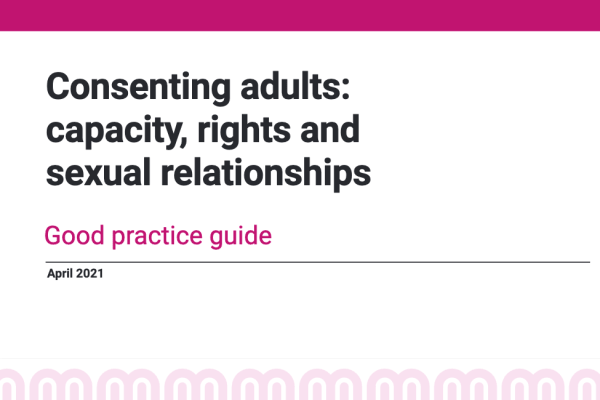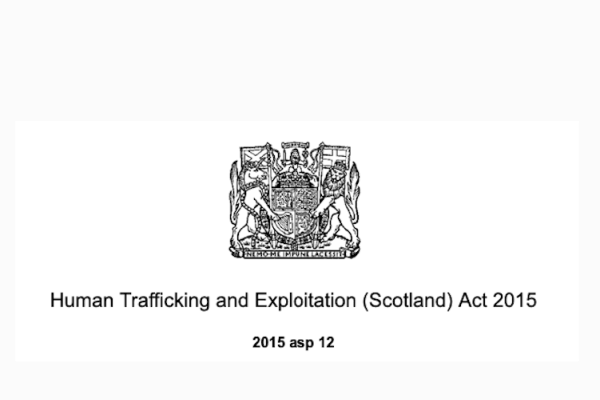The role of the mental health officer (MHO) (Dundee Health and Social Care Partnership)
This video, part of Dundee's bitesize video series on the Adults with Incapacity Act 2000, explains the role of the mental health officer (MHO).
This video, part of Dundee's bitesize video series on the Adults with Incapacity Act 2000, explains the role of the mental health officer (MHO).
This video, part of Dundee's bitesize video series on the Adults with Incapacity Act 2000, introduces the Act. It takes a close look at each principle of the Act, giving examples of applying these in practice.
The video also contains links to other resources.
This video, part of Dundee's bitesize video series on the Adults with Incapacity Act 2000, explains the role of the local authority in supervising private welfare guardians. It looks at what a private welfare guardian is, how someone becomes one, and why they are supervised by the local authority. It also covers situations where there is a concern about a welfare guardian, or if the welfare guardian no longer seems necessary.
The video also contains links to other resources.
This video, part of Dundee's bitesize video series on the Adults with Incapacity Act 2000, explains the role of the local authority when acting as welfare guardian for an adult. It covers what a welfare guardian is (and how a local authority can become one), a welfare guardian's powers, and how they work in practice. It also covers what happens when these powers don't work as intended, or when a welfare guardian's role ends. Issues of human rights and restrictions of liberty are considered throughout.
This video, part of Dundee's bitesize video series on the Adults with Incapacity Act 2000, explains power of attorney. It looks at what it is, how it is created, and who can act as power of attorney. It also considers how power of attorney is created, the safeguards that exist around the role, and how it may end.
The video also contains links to other resources.
This e-learning provides an overview of the extent of human trafficking in Scotland and supports professionals to spot the signs indicating risks to individuals. There is also some practical information about the health needs of trafficked people, with an emphasis on a practitioner's role in identifying and responding appropriately to trafficked individuals.
This e-learning is part of TURAS and a free account is required to access the resource.

Guidance to support a shared understanding of criminal exploitation to help assist with early identification of those at risk from serious organised crime. This guidance also applies to criminal exploitation which is not linked to serious organised crime. The guidance also contains information on human trafficking.

People with mental illness, dementia, learning disability or related conditions have the same human rights as anyone else to sexual expression, sexual relationships, marriage and children. These are an important part of life. But some may lack capacity or judgement to make informed decisions. They may therefore be vulnerable and at greater risk of abuse, exploitation or other serious consequences. This good practice guide supports professionals to balance rights and risks, recognising that there is always some risk, and that it is important not to be over-protective.

An Act of the Scottish Parliament to make provision about human trafficking and slavery, servitude and forced or compulsory labour, including provision about offences and sentencing, provision for victim support and provision to reduce activity related to offences.
Trafficking can involve victims being sexually exploited or forced into the role of a servant, or trapped in forced labour. Nail bars, car washes and construction are amongst the industries where potential cases in Scotland have been reported.

This animation is about adopting a trauma-informed approach. It supports workers to adapt the way they work to make a positive difference to people affected by trauma and adversity. It conveys the experience of trauma and protective strategies that people affected by trauma may develop, supporting workers to think about these in their work. It helps workers to resist re-traumatising people, and to maximise the participation of people affected by trauma.